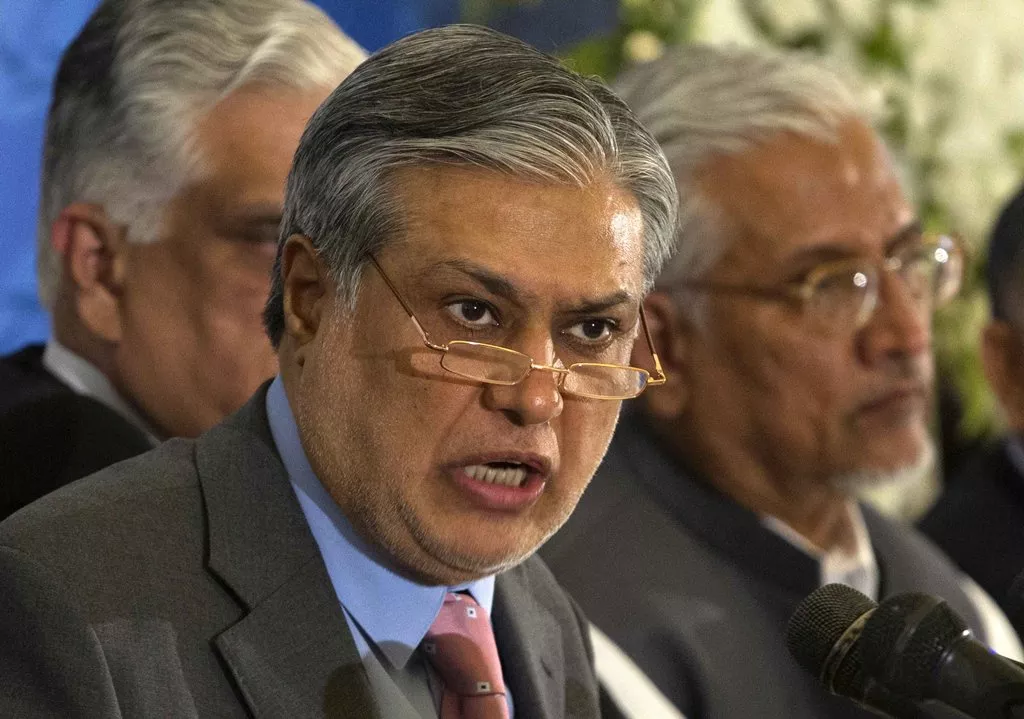1. Pakistan Rules Out Nuclear Option Amid Escalating Tensions
In a decisive statement aimed at quelling global anxieties, Pakistan’s Deputy Prime Minister and Foreign Minister, Senator Ishaq Dar, has confirmed that the country never considered using nuclear weapons during the latest military confrontation with India. Speaking in his first international interview following a ceasefire, Dar described Islamabad’s retaliatory actions as “measured” and “strictly in self-defence.”
The conflict peaked after India launched cross-border airstrikes on May 7, prompting a swift but calculated military response from Pakistan. “We were very sure that our conventional capabilities are strong enough to beat them both in the air and on the ground,” Dar told CNN.
The military escalation marked the most intense confrontation between the two nuclear-armed neighbors since the 1971 war. Civilian casualties and infrastructure damage were reported on both sides, further intensifying global concerns about regional stability.
Dar criticized India’s aggression, calling it a “wishful attempt to establish hegemony” in Kashmir. He stressed that Pakistan’s response was unavoidable and justified, citing a duty to protect its sovereignty.
2. Ceasefire Reached Amidst Diplomatic Pressure and Continued Tensions
After several days of intense conflict, a ceasefire was reached on May 10, mediated by U.S. Secretary of State Marco Rubio and Vice President JD Vance. However, the ceasefire was not the result of direct communication between India and Pakistan, but rather through backchannel diplomacy led by Washington.
Although both governments officially agreed to halt operations across land, air, and sea, sporadic shelling and airspace violations continued in the hours following the truce. Fresh skirmishes were reported along the Line of Control, raising doubts about the durability of the agreement.
India’s Prime Minister Narendra Modi stated that the country had merely “paused” its military campaign and threatened renewed retaliation if provoked. In response, Dar dismissed claims that Pakistan sought de-escalation out of weakness, emphasizing the serious impact of Pakistan’s military response during the clashes.
Director General ISPR Lt. Gen. Ahmed Sharif Chaudhry later confirmed that Pakistan did not request the truce and that it was India who sought a ceasefire after suffering significant strategic losses, including the downing of jets and drones. He labeled war between two nuclear powers as “inconceivable” and a “complete absurdity.”
3. Kashmir Dispute and Water Conflict Reignite Regional Friction
At the core of the confrontation lies the long-standing Kashmir conflict, which has led to three wars between India and Pakistan since 1947. Senator Dar reiterated Pakistan’s consistent position: that the future of Kashmir must be decided through self-determination, as per international resolutions.
In addition to the territorial dispute, tensions have reignited over water rights, particularly India’s alleged moves to block water flows from the Chenab river. Indian media reported that New Delhi reduced flows from the Baglihar Dam, a development that Dar warned could be deemed “an act of war” if not reversed.
He emphasized that the ceasefire can only hold if provocations, such as water flow disruption, are avoided in upcoming bilateral or mediated talks.
Despite the fragile peace, Dar concluded on a hopeful note, saying: “We look forward to building a future that provides dignity for both sides. We still hope sense will prevail.”








